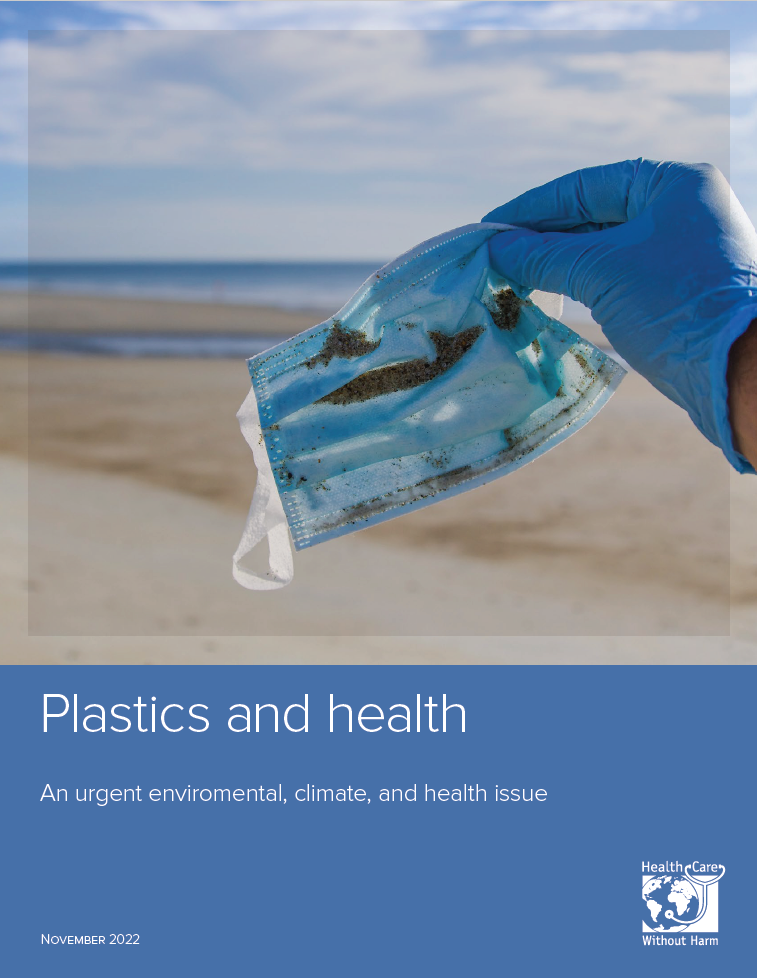As the world develops and adopts an international legally binding instrument on plastic pollution, health needs to remain a central part of the discussion.
- There must be NO exemptions for plastics in health care along the treaty.
- Health care represents almost 10% of the global economy, and will continue to increase to provide equitable access to health care to the world’s growing population.
- The health care sector can model how to transition away from fossil fuels, toxic chemicals, and unethical employment practices for the rest of the global economy.
- The whole life cycle must be considered. Plastic harms human health and the environment at each stage of its life cycle.
- As part of the core obligations and control measures of a new Treaty devoted to plastic pollution, health care products, supply chain, and waste need to be
considered. - Restrictions already in place for plastic products like toys need to be extended to medical devices, and made global to ensure equity of protection.
- Increasing plastic production, consumption and disposal is fuelling the climate crisis, proliferating the use of fossil fuels and undermining climate and health goals; denying our need for nature conservation.
- When we move away from single use plastics, we not only support innovation, but help address the massive plastics pollution problem that has not only invaded our oceans and waterways, and our bodies.
